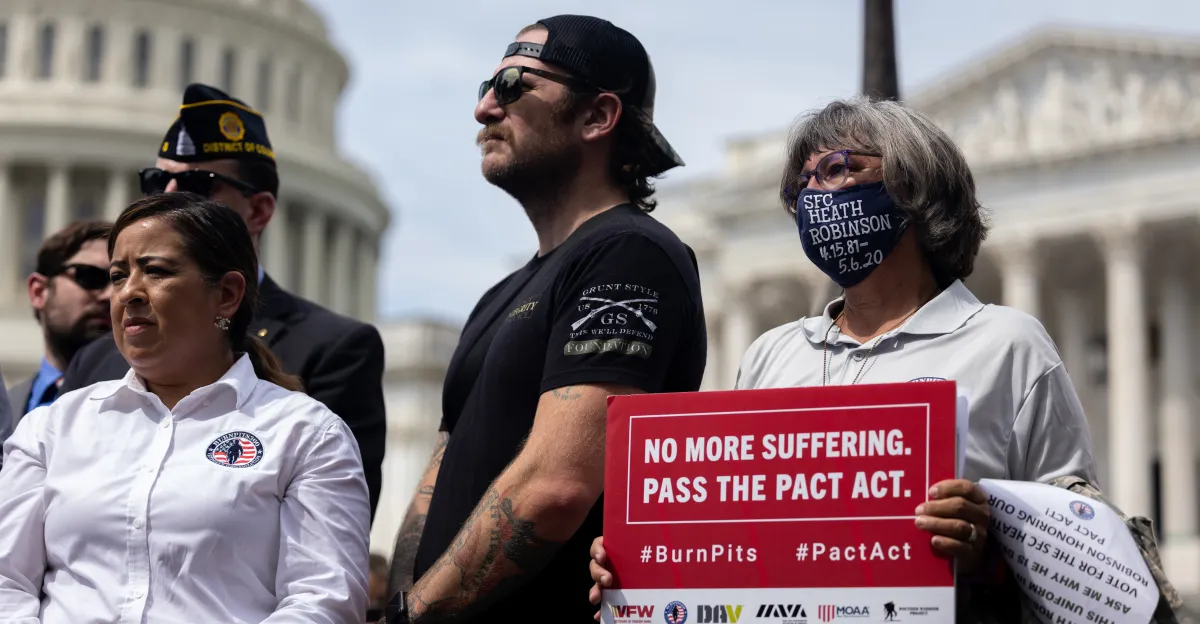At REBOOT Combat Recovery and REBOOT First Responders, we talk about how trauma is our intersection with the brokenness of the world. Anyone who has served in combat or as a first responder knows all too well what trauma looks and feels like. The question is: what do we do with what we’ve seen and done?
For most of us, we try to handle these experiences on our own through a default response to trauma. It typically looks like this:
First we Deny…
Then we Cry…
Then we Numb…
Then we Run.
Let’s unpack each of these so we can see why they don’t work.
First, we DENY. When our world is shaken to the core, our involuntary response is often to deny that the experience will have a long-term impact on us and to downplay the severity of what we have experienced. If someone asks how we are doing, the response is ‘Good’ or ‘Fine’. End of conversation.
We deny when our post-trauma reality is too complicated, confusing and painful to fit into how we saw our lives playing out. So we try to stuff the emotional impact of our experience into a mental box. When the next event happens, we stuff that one in too. With all of that pain stuffed in the box, it can seem like feeling anything would be impossible because you might have to feel everything all at once.
But what happens when the memories come flooding back or when a sight, smell or event triggers us? The box isn’t airtight, and it tends to leak or bust open at some point.
That’s when we CRY. For some that may mean feeling overwhelming emotions we didn’t want to feel. Many of us have learned that the only acceptable emotion is anger, so the emotional energy is released as rage and aggression – we go into attack mode. Or we feel sudden waves of sadness. Or out of control, irrational panic attacks.
The longer a trauma goes unaddressed, the more symptomatic we can become. Our innate coping mechanisms can no longer hold back our growing emotional, mental and spiritual unrest. So we look for painkillers…
This is when we NUMB. In the face of overwhelming pain, we will try anything not to feel it: alcohol, prescription and non-prescription medications, sex, shopping, excessive workouts, video games… whatever it takes. But none of these work to address the root causes of the pain and only help mask it for awhile. Choosing painkillers actually works against our goal of healing and often require their own healing measures.
When the numbing fails, then we RUN. We run from the career, from the relationship with our spouse or kids, from the things we enjoyed, all in an effort to find hope. We run from one traumatic experience right into another. And when none of this works to ease the pain, too many veterans and first responders choose the ultimate form of running: suicide.
The truth we have to face is this: either we deal with our trauma or it will deal with us. The good news is that there is hope for post-traumatic growth and a life of purpose when we approach trauma recovery with intentionality. Our biggest obstacle is often our own pride. Pride pushes away help on the outside but locks away pain on the inside. To move forward takes a willingness to put aside our pride and get vulnerable among brothers and sisters who ‘get it’. It takes real conversations about the emotional and spiritual impact of our encounters with the realities of a broken world. It takes being OK with not being OK.
If some or all of this rings true, you are invited into community to start your own journey of hope and healing. You can find a REBOOT group near you at www.rebootrecovery.com or find another resource that helps you intentionally break the default response to trauma.
REBOOT Recovery offers peer-led, faith-based trauma recovery programs for military veterans and first responders in locations across the US and in multiple foreign countries.




%201.svg)




.jpg)




